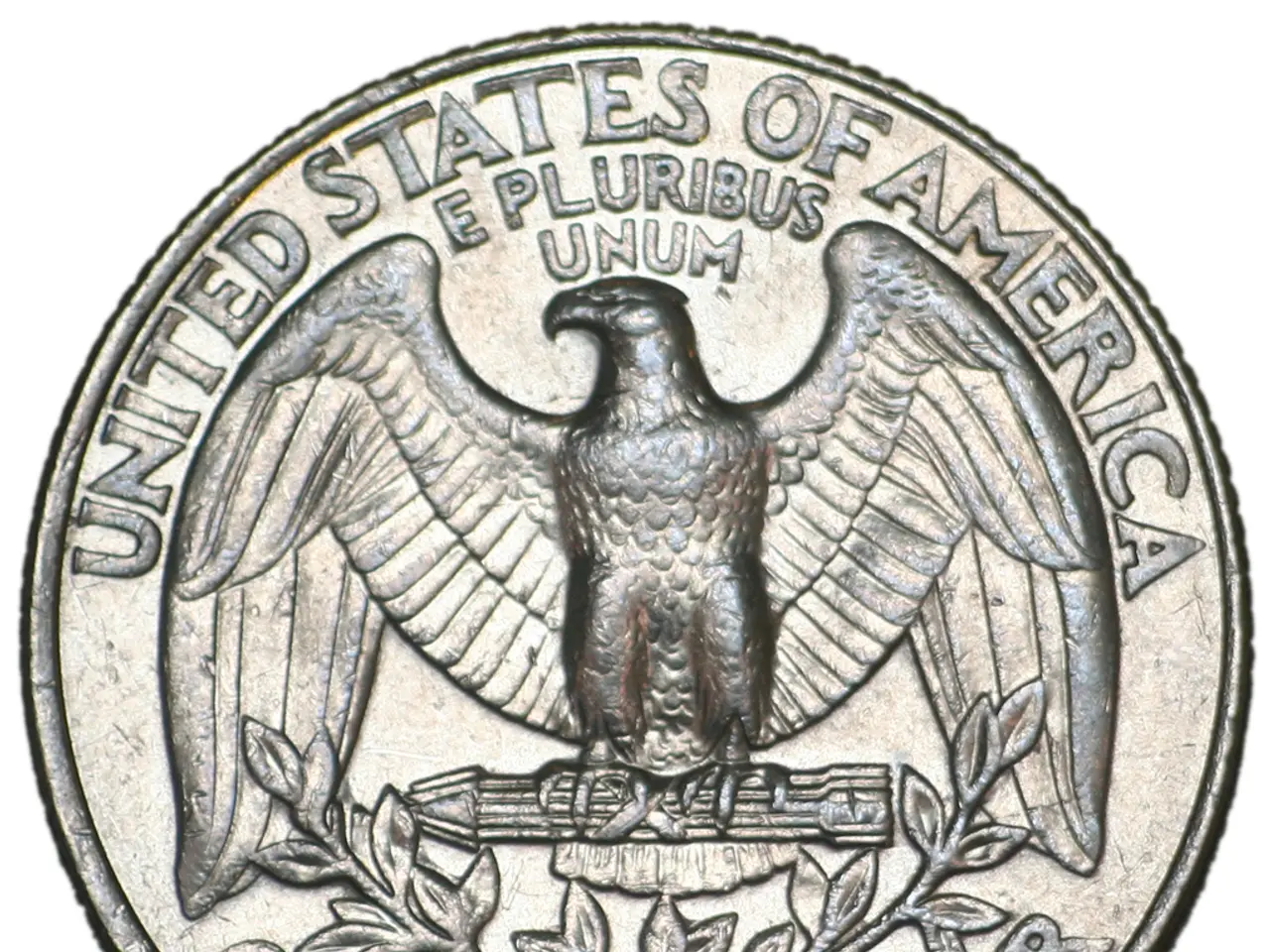South Korean financial entities BDACS and Woori Bank introduce South Korea's inaugural Won-backed stablecoin on Avalanche platform.
In a significant move for the digital asset industry, digital asset custodian BDACS has introduced KRW1, South Korea's first fully regulated won-backed stablecoin. This innovative digital currency is designed to serve various purposes, including remittances, payments, investments, and deposits.
The launch of KRW1 is a result of a partnership with Woori Bank, one of South Korea's leading financial institutions. Each KRW1 token maintains full collateralization with South Korean won held in escrow at Woori Bank, ensuring the stability of the digital currency.
KRW1 was launched on the Avalanche blockchain, a choice motivated by its high-performance capabilities and recognition by Korea's Internet & Security Agency for reliability in public-sector applications. Avalanche was selected due to its ability to provide a highly-performant and reliable blockchain tailored for a regulatory-compliant stablecoin, as stated by Justin Kim, Head of Asia at Ava Labs.
The introduction of KRW1 comes at a time when stablecoin regulations in Korea are under discussion. APAC regional manager at OneKey, Rich O., previously stated that Korea's stablecoin rules need a "balanced approach" to maintain monetary sovereignty, consumer protections, and competitiveness.
Meanwhile, Japan's JPYC expects to receive regulatory approval for its yen-backed stablecoin from the Financial Services Agency later this year. Additionally, Ripple and SBI Holdings are preparing to launch RLUSD in Japan by early 2026 under the country's Payment Services Act amendments.
South Korea's ruling and opposition parties have filed competing stablecoin bills, both demanding full reserve backing and stronger oversight by the Bank of Korea. The Democratic Party's proposal bans interest payments and requires a minimum capital of $3.6 million, while the People Power Party's legislation omits interest restrictions and focuses on licensing and disclosure requirements.
Interestingly, South Korean internet giant Kakao is developing a won-pegged token through its Kaia blockchain, with registered trademarks "KRWGlobal" and "KRWKai".
Furthermore, Bank of China's Hong Kong unit plans to apply for a stablecoin issuer license, indicating a growing global interest in stablecoins.
Real-time banking API integration provides transparent proof of reserves for KRW1, ensuring trust and accountability in the digital currency. The public-sector deployment of KRW1 is planned for low-cost payment and settlement systems in emergency relief disbursements.
As KRW1 continues to gain traction, it is clear that South Korea is positioning itself as a leader in the stablecoin market, demonstrating a commitment to innovation, regulation, and consumer protection.
Read also:
- Rachel Reeves conducts a discussion with Scott Bessent and financial executives, focusing on investment matters
- Strategic approach to eco-friendly nickel production for electric vehicles in Europe
- Week 39/24 Highlights: Tesla CEO's visit, Robo-taxi buzz, Full Self-Driving study, Affordable electric cars, and European pricing less than €30,000
- Solar energy company, Imperium, alongside QORAY Mobility & Energies Solar Business, bolsters Nigeria's environmental future by producing superior solar panels domestically and offering flexible payment options.







